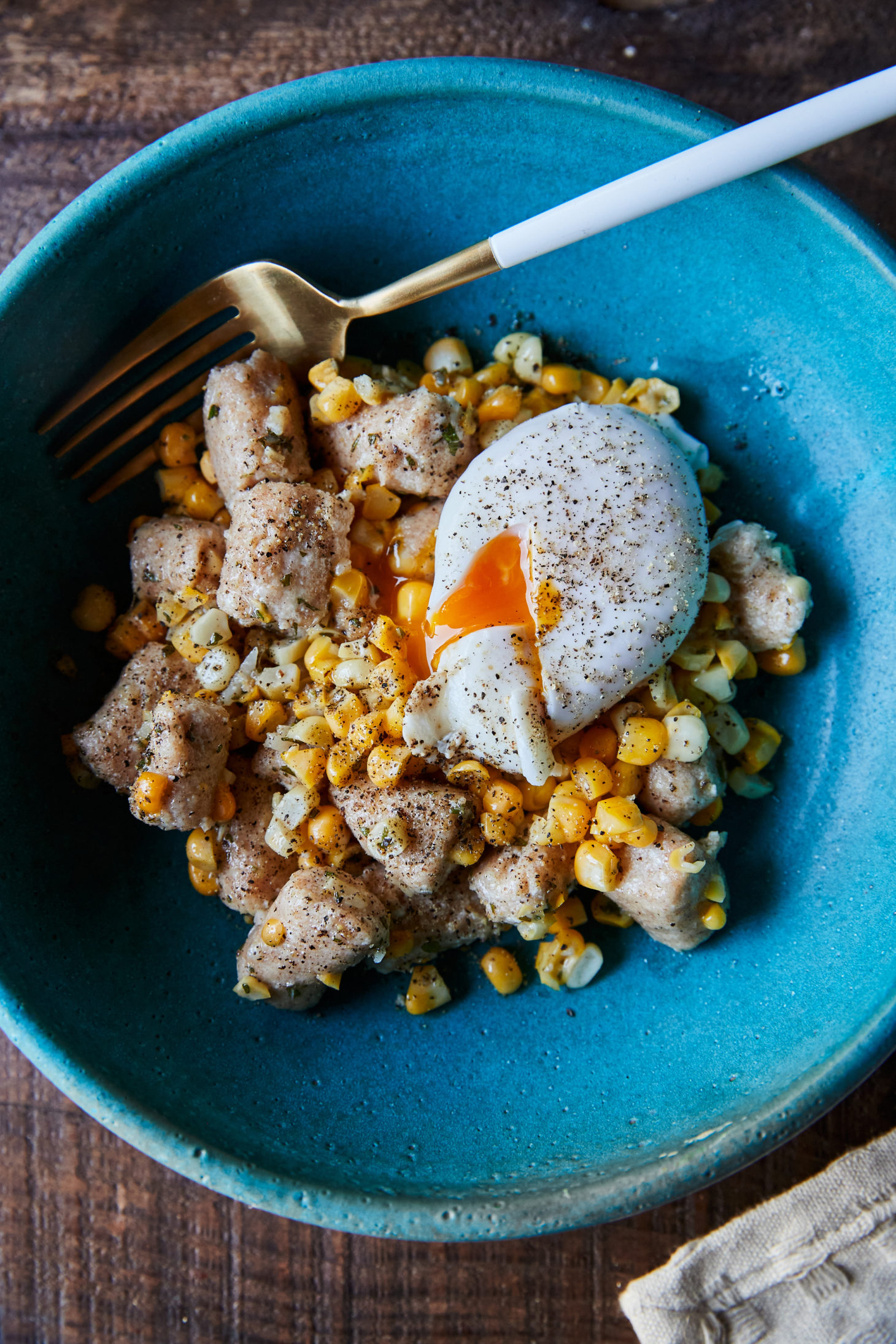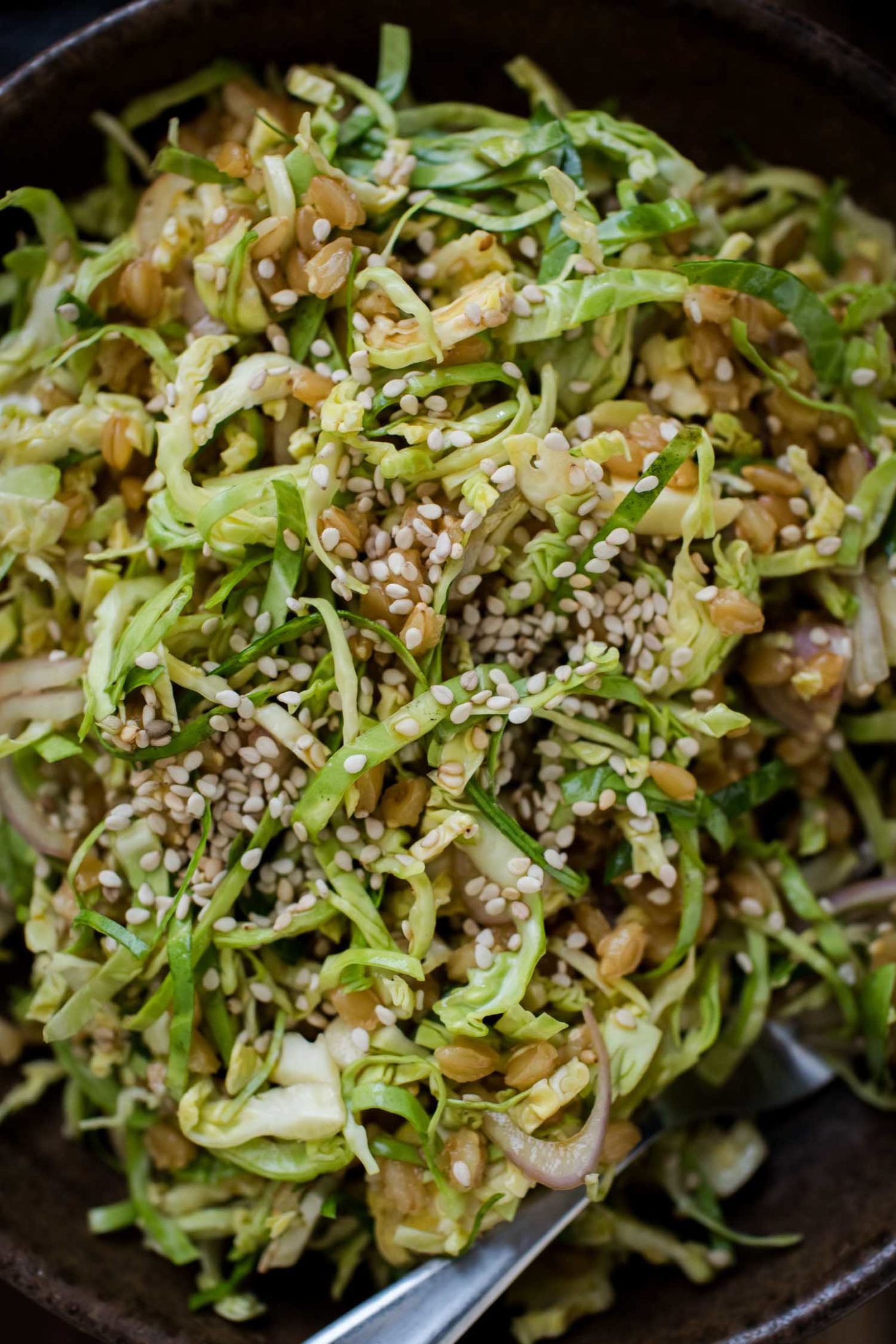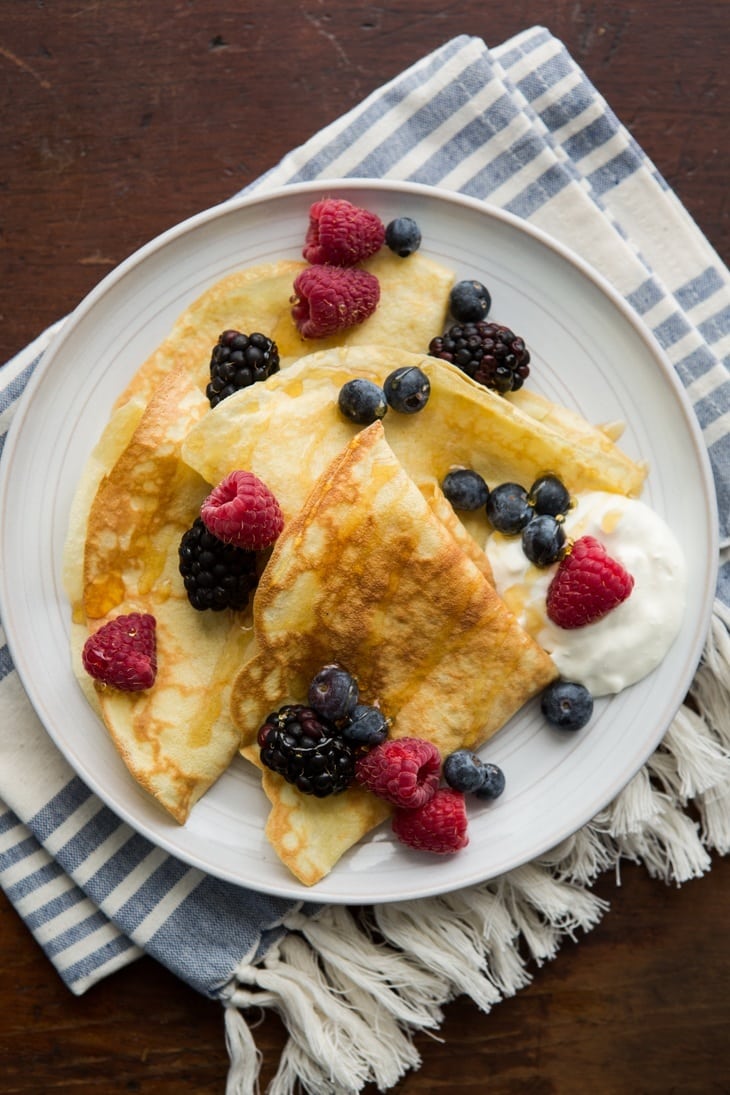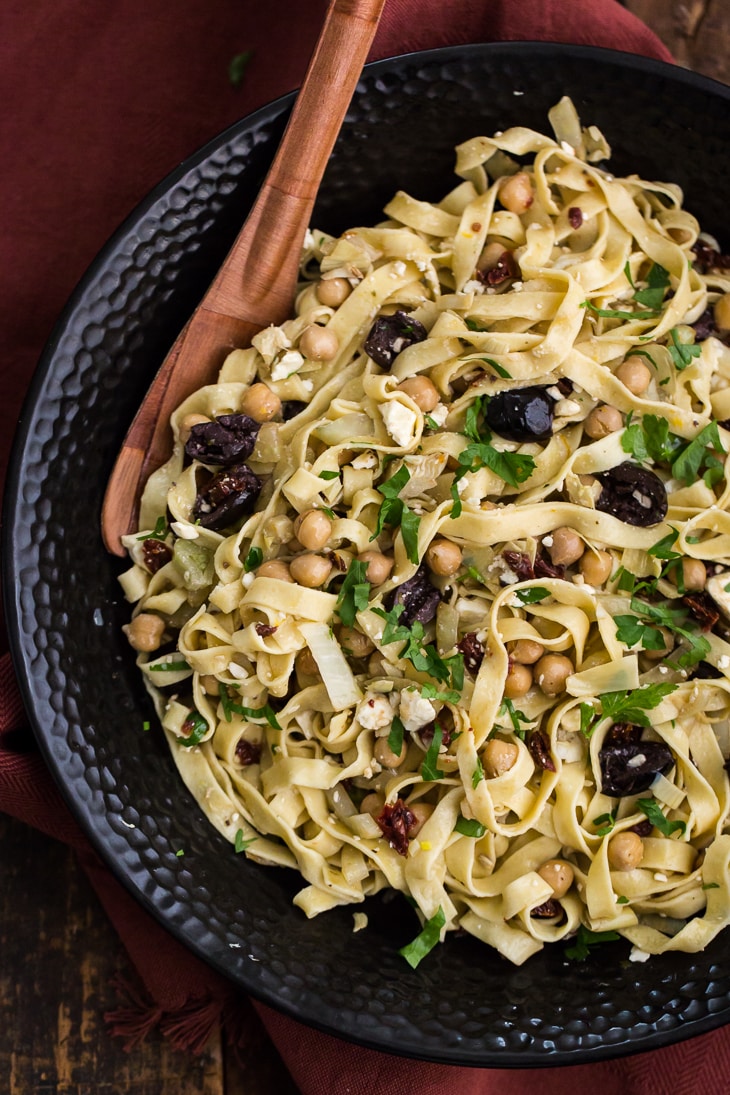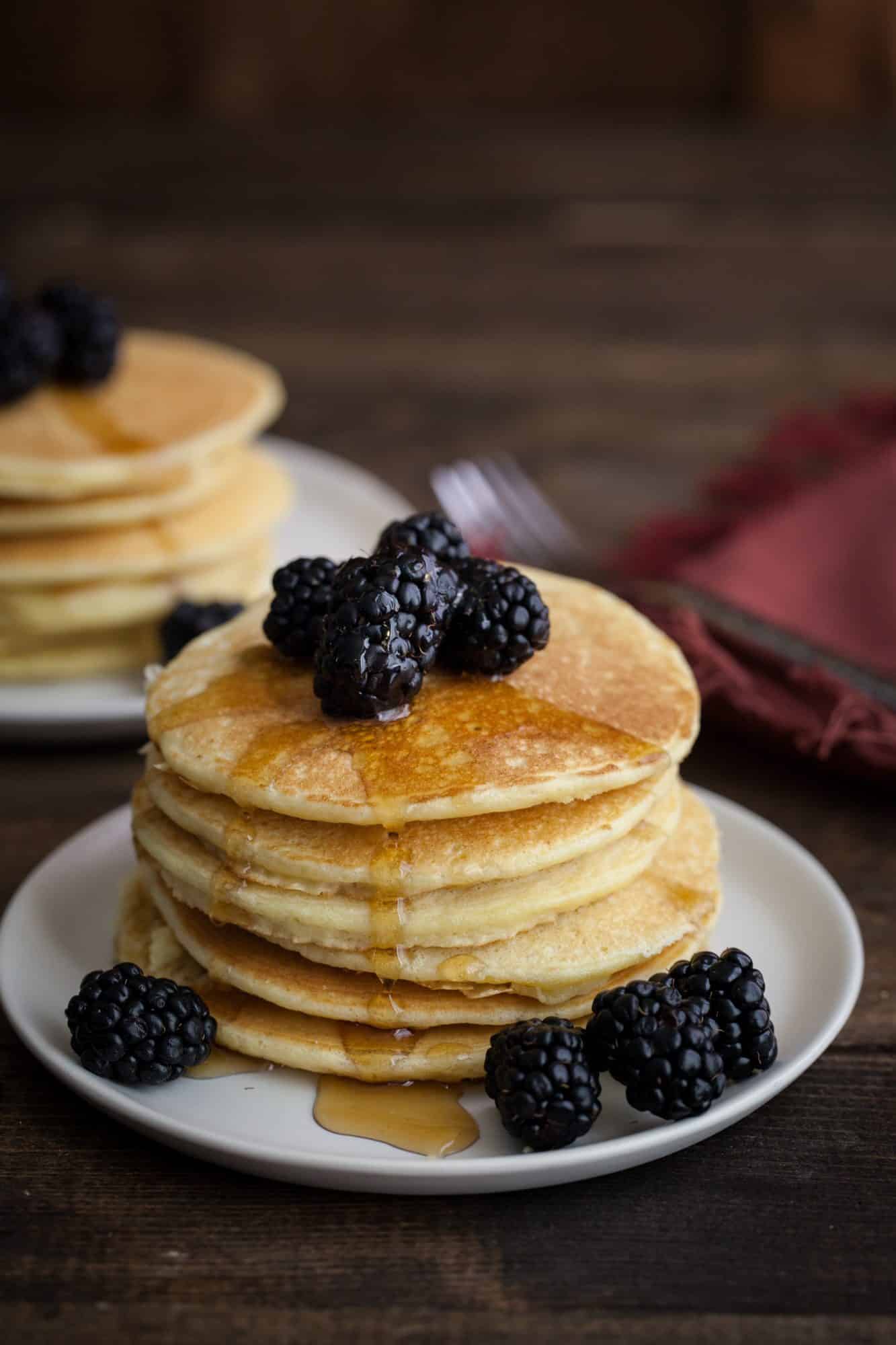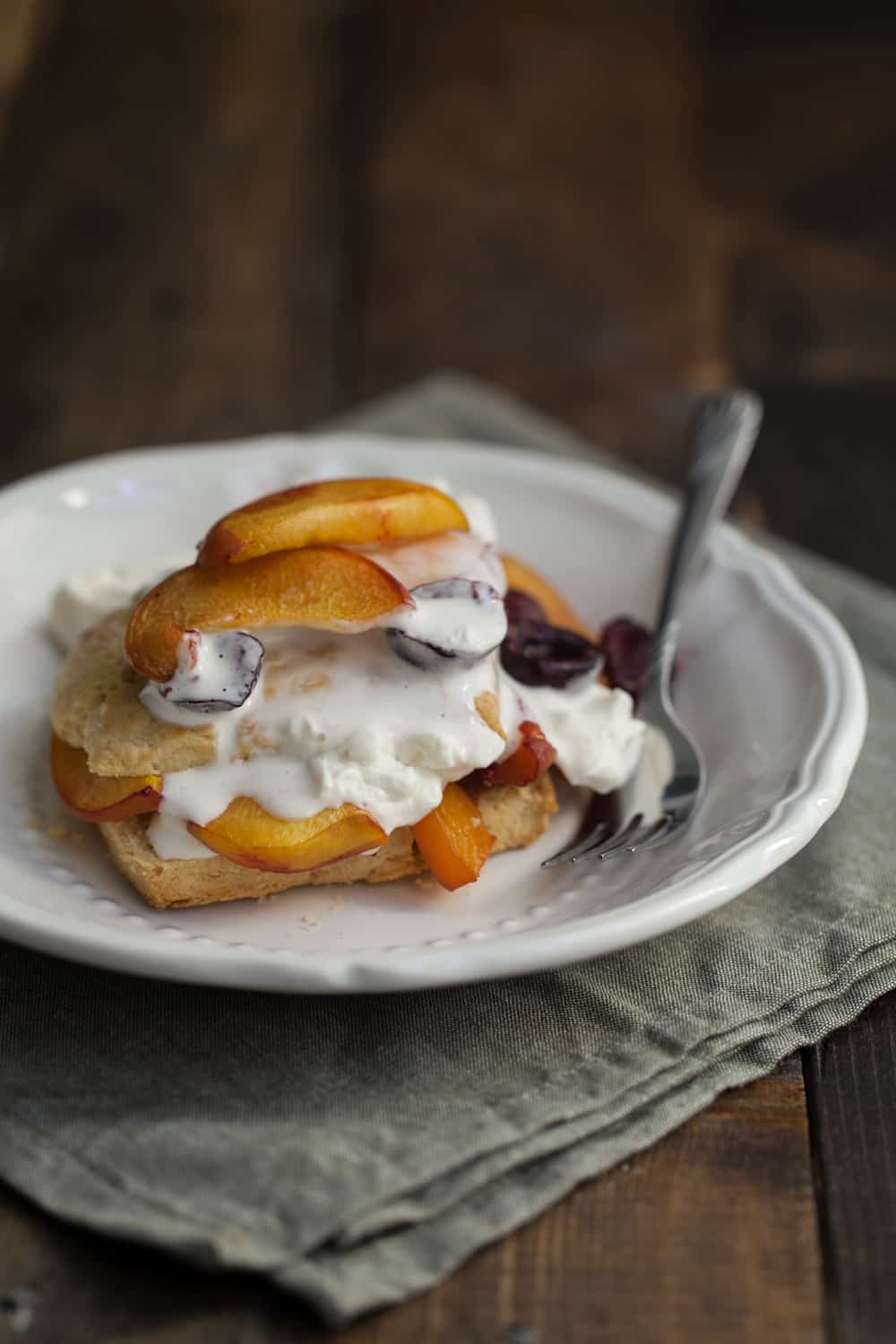
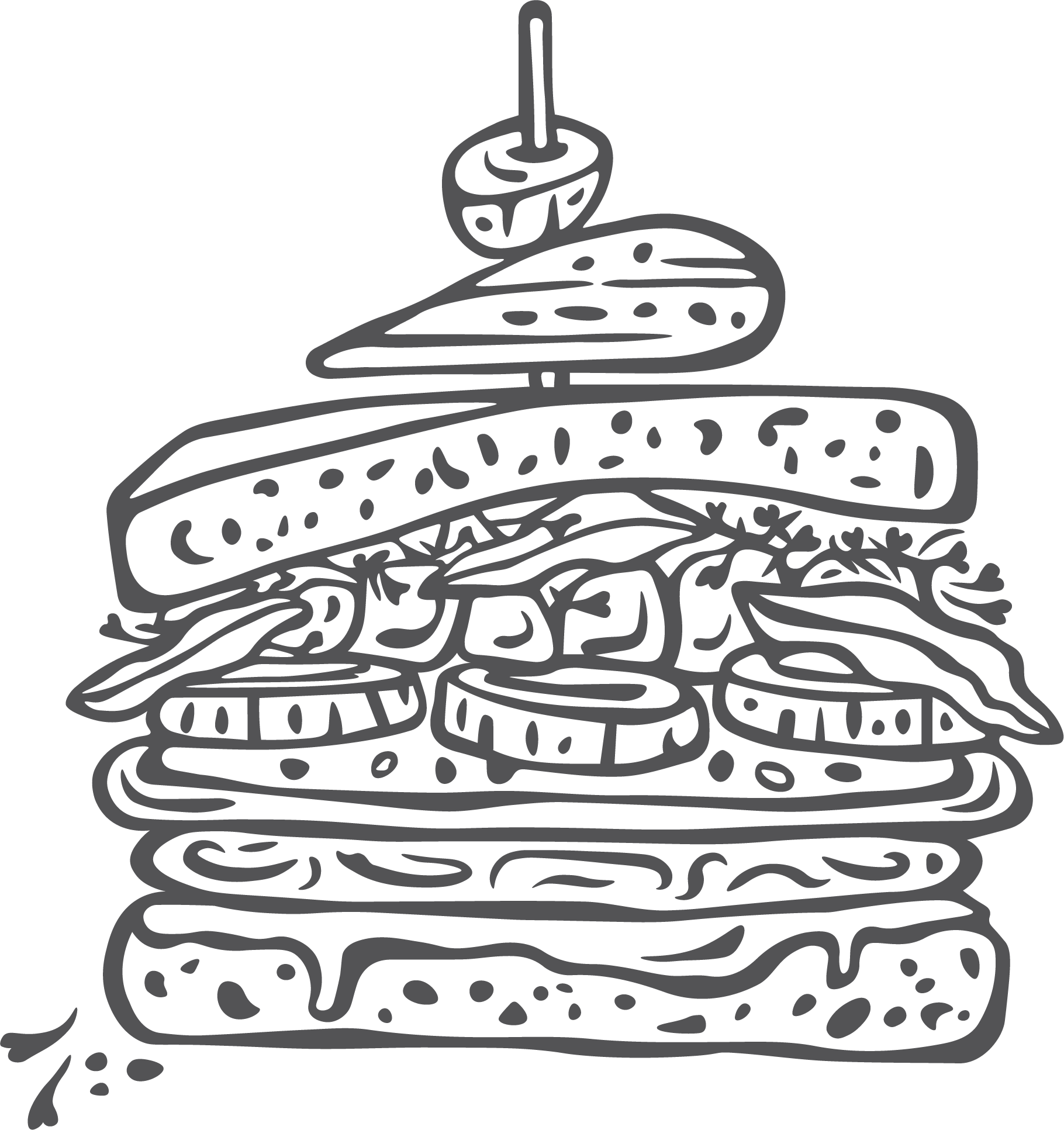
I fell in love the first time I tried Einkorn. The subtle, slightly sweet flavor didn’t taste like any other type of wheat I had tried. Einkorn is one of the oldest cultivated wheat varieties and thanks to companies like Jovial, it’s making a comeback. This wheat grain is occasionally referred to as farro piccolo in einkorn recipes because of its size, relative to Emmer and Spelt (both are also referred to as “farro” in Italy).
Einkorn can still be a bit hit or miss at stores, but can easily be ordered online. I like to use the berries in recipes that call for farro or wheat berries. If you find that you love Einkorn as much as I do, there are a couple of solid cookbooks that revolve around this grain: Einkorn and The Einkorn Cookbook.
Flour: For many einkorn recipes, I prefer to use Einkorn flour over traditional wheat. Einkorn flour is available in stores (usually a bit easier to find than the berries), but you can also grind your own. It makes wonderful pasta, breads, and sweet treats.
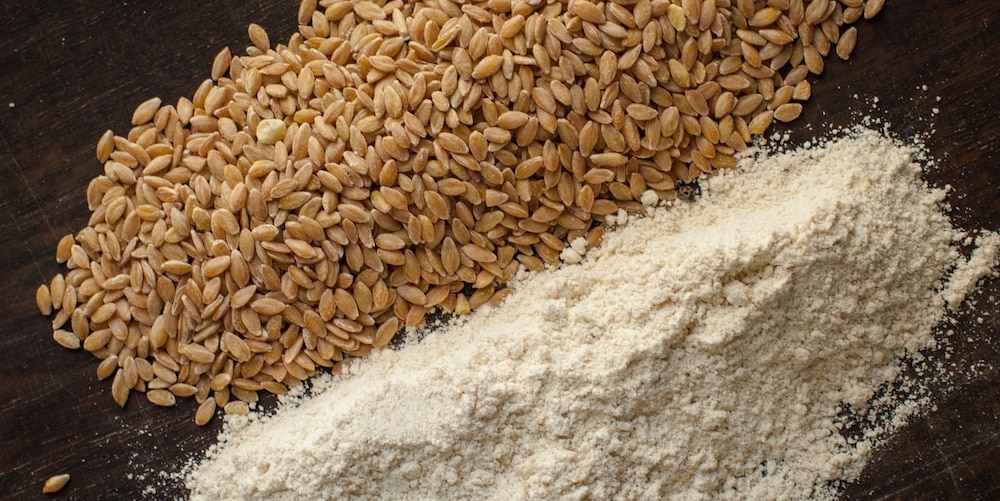
Combine 1 part Einkorn with 3 cups water and a pinch of salt. Bring to a boil, reduce to a simmer, and cook for about 30 to 35 minutes. The berries should be tender but still chewy. Drain any excess water.
I like to use the whole berries in salads and as a base for grain bowls. Einkorn can also be cracked to create a porridge or ground into a flour.
Einkorn, whether the whole grain or flour, is best stored in airtight containers in a cool place. Whole Einkorn can be stored up to a year in the freezer or up to 6 months in the pantry. Einkorn flour is best stored in the freezer and will last up to 6 months. If the grains or flour have a rancid smell when you open the bag, toss and buy fresh.
Whole Berries
Flour
